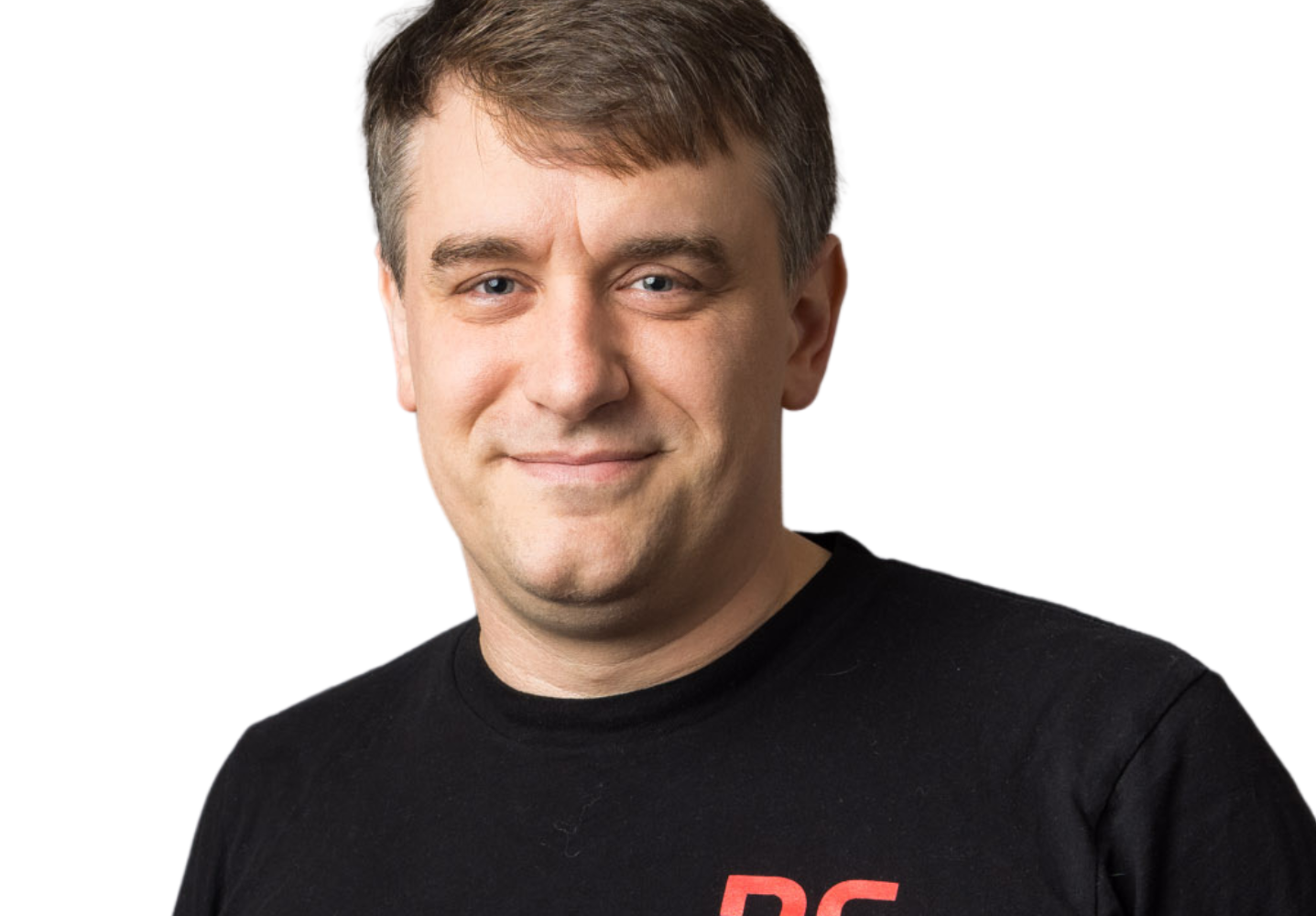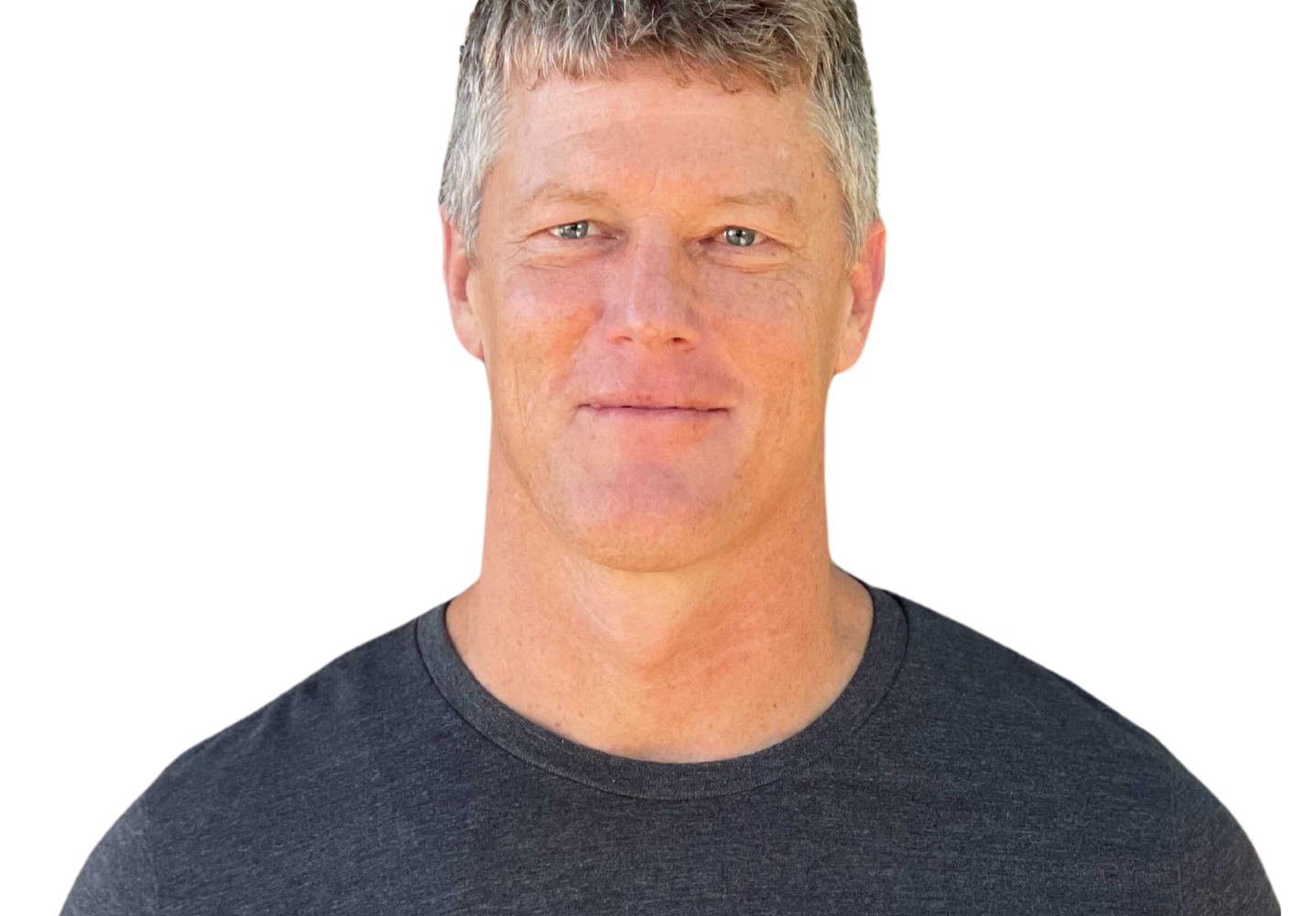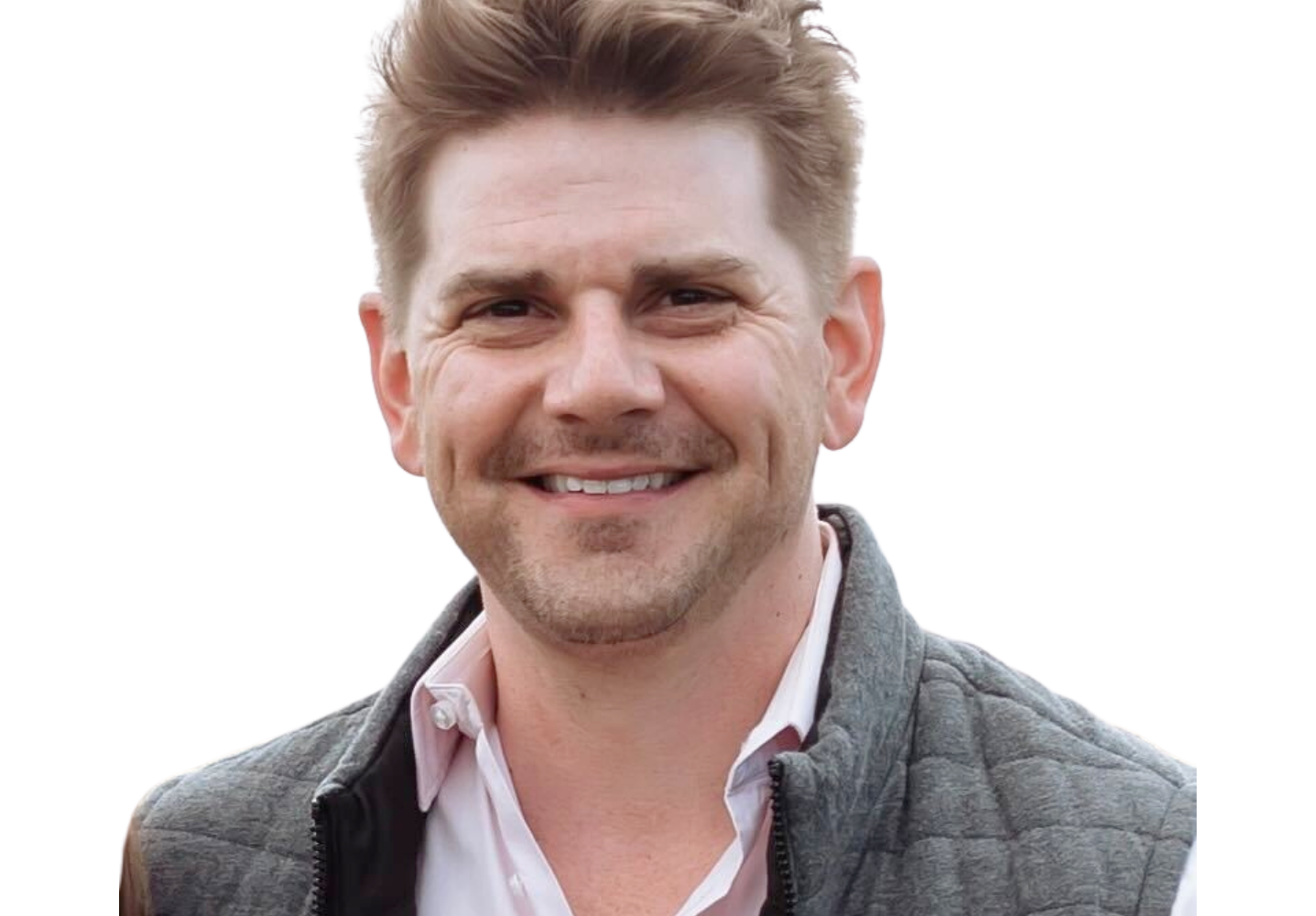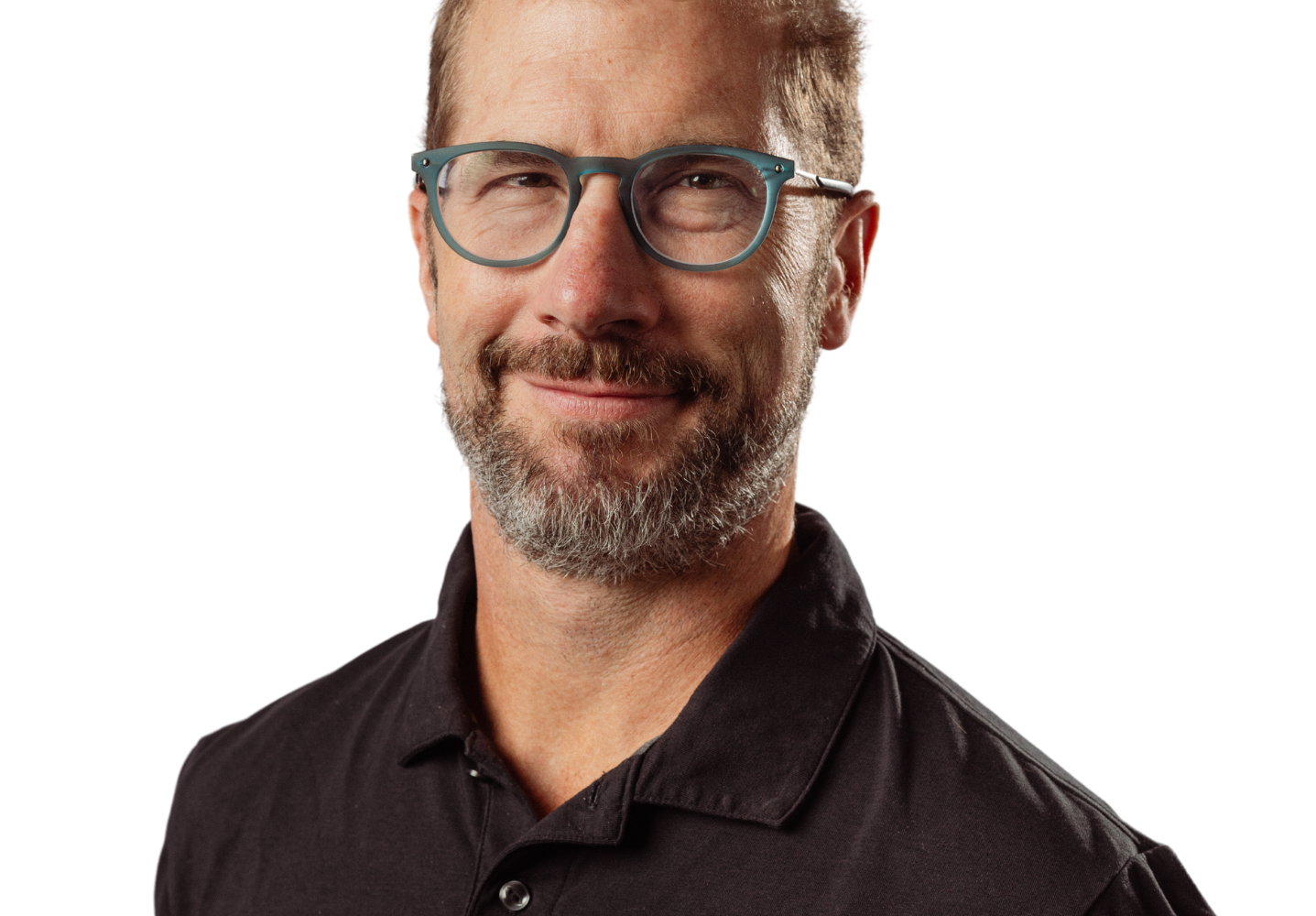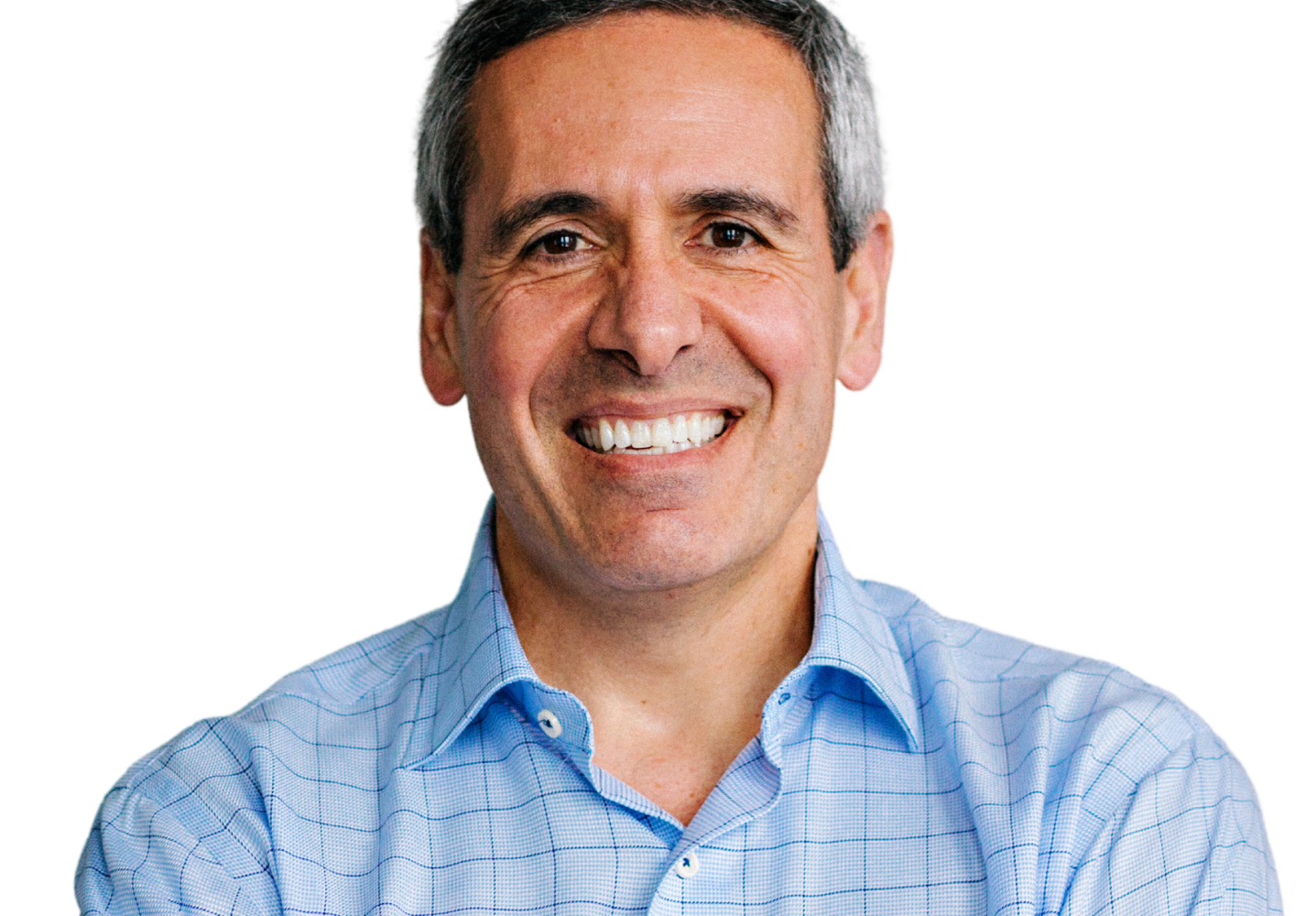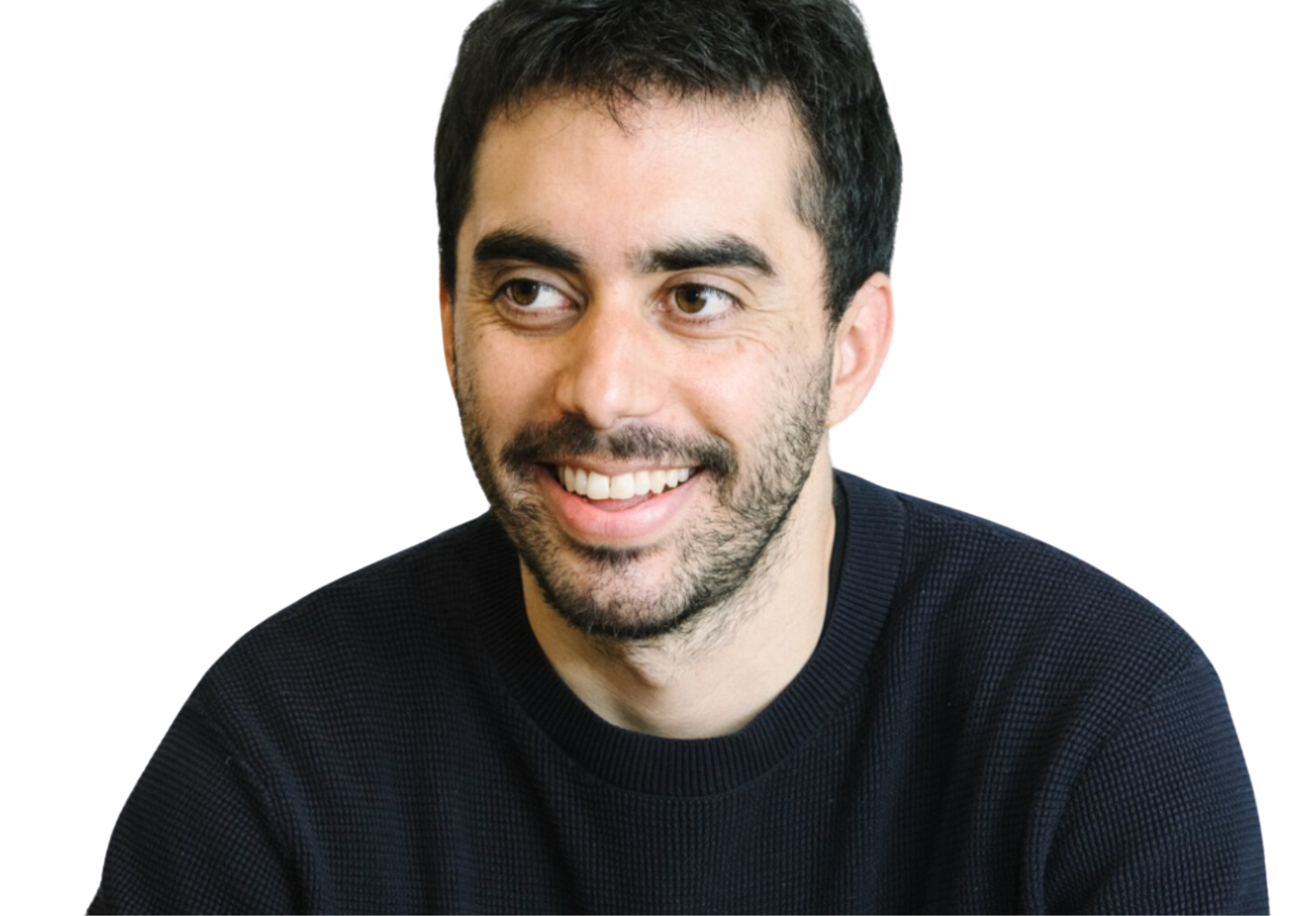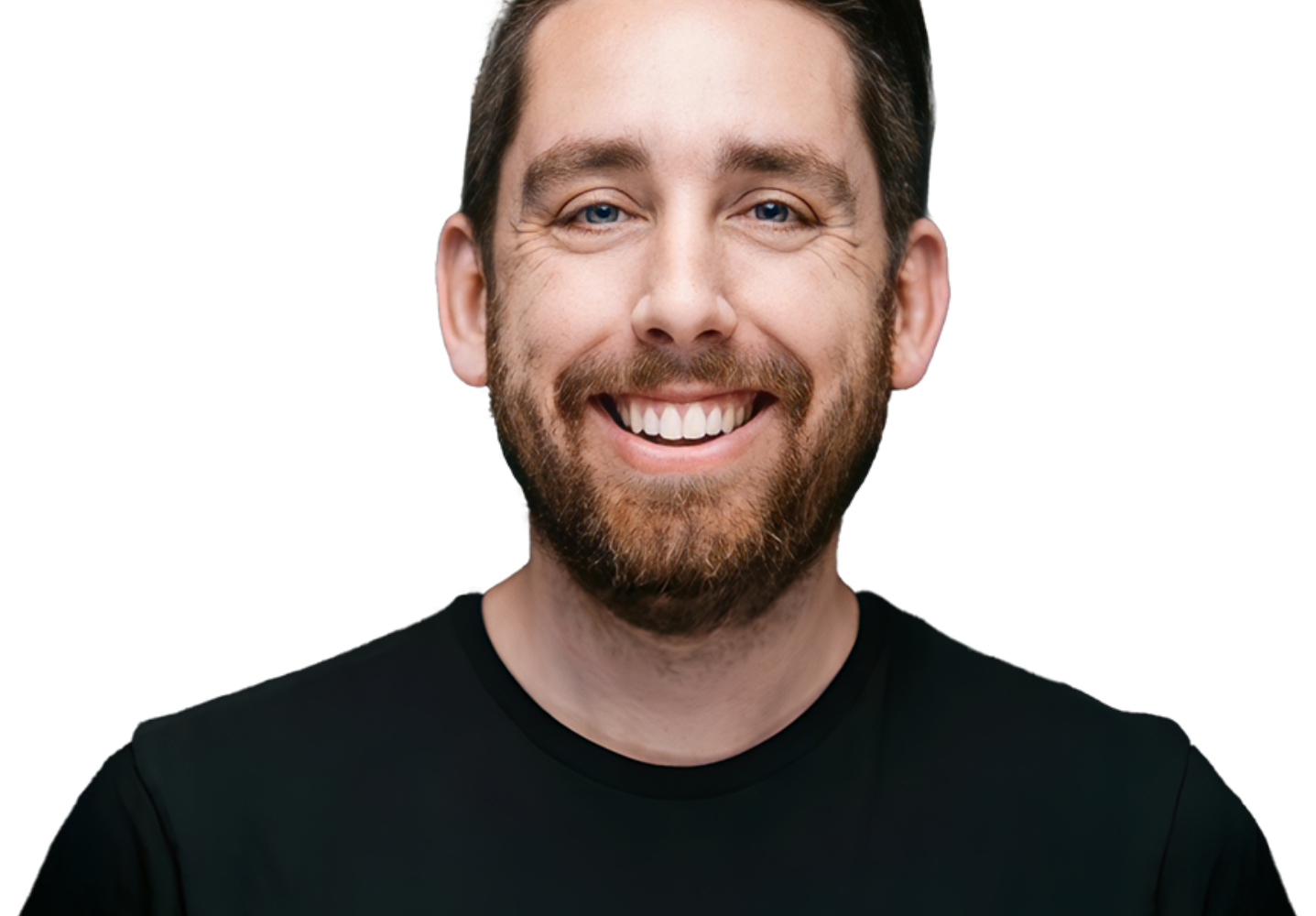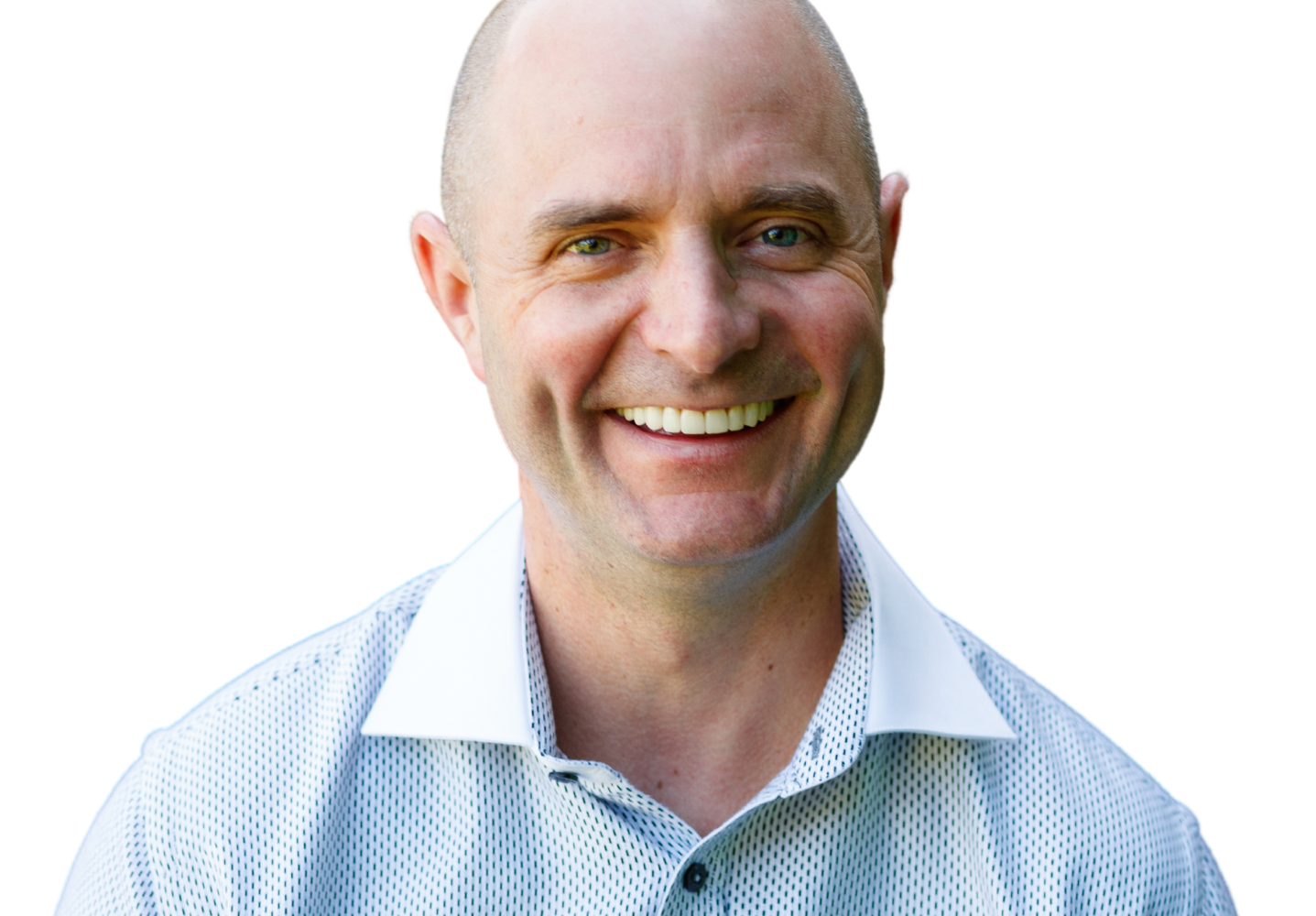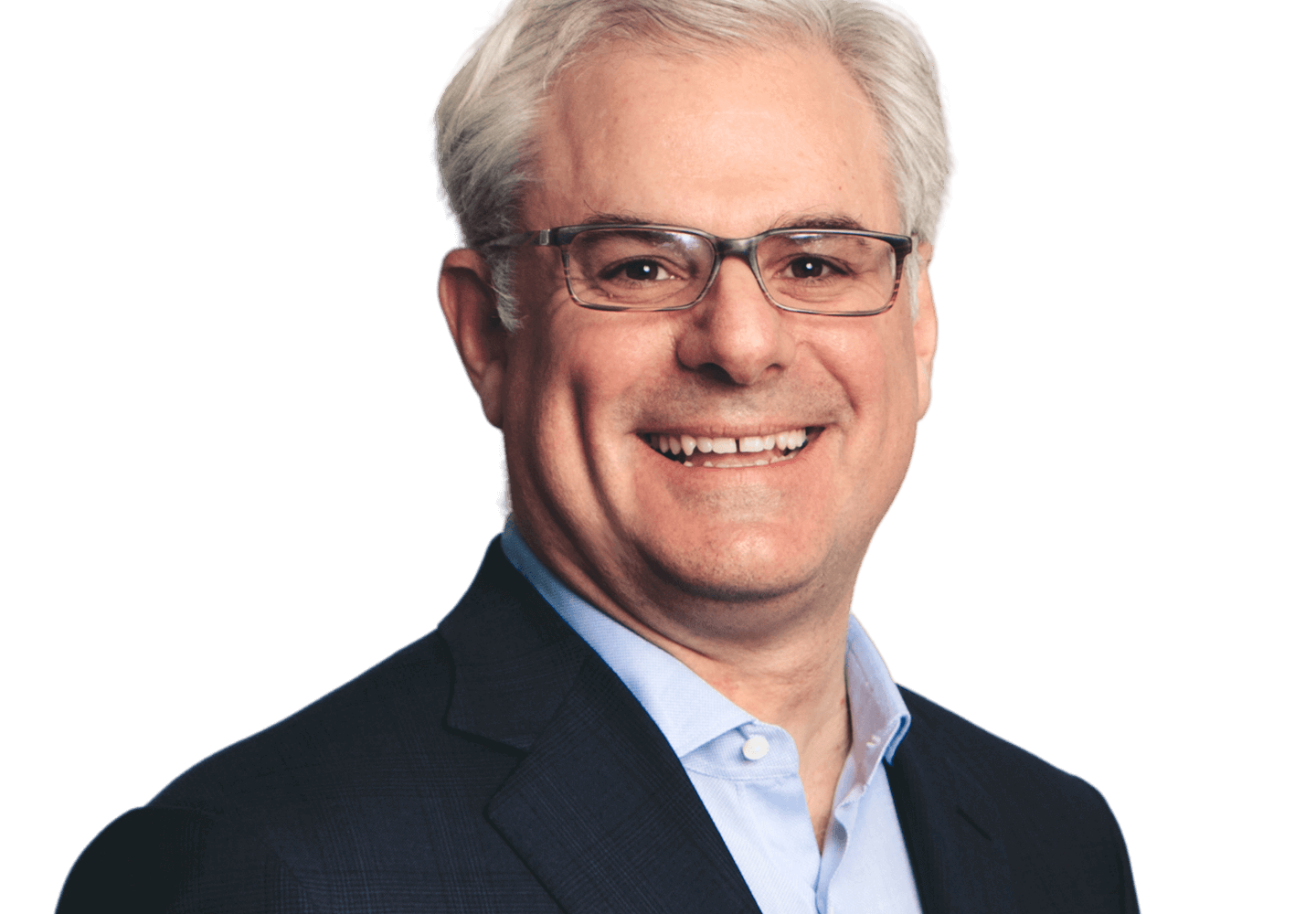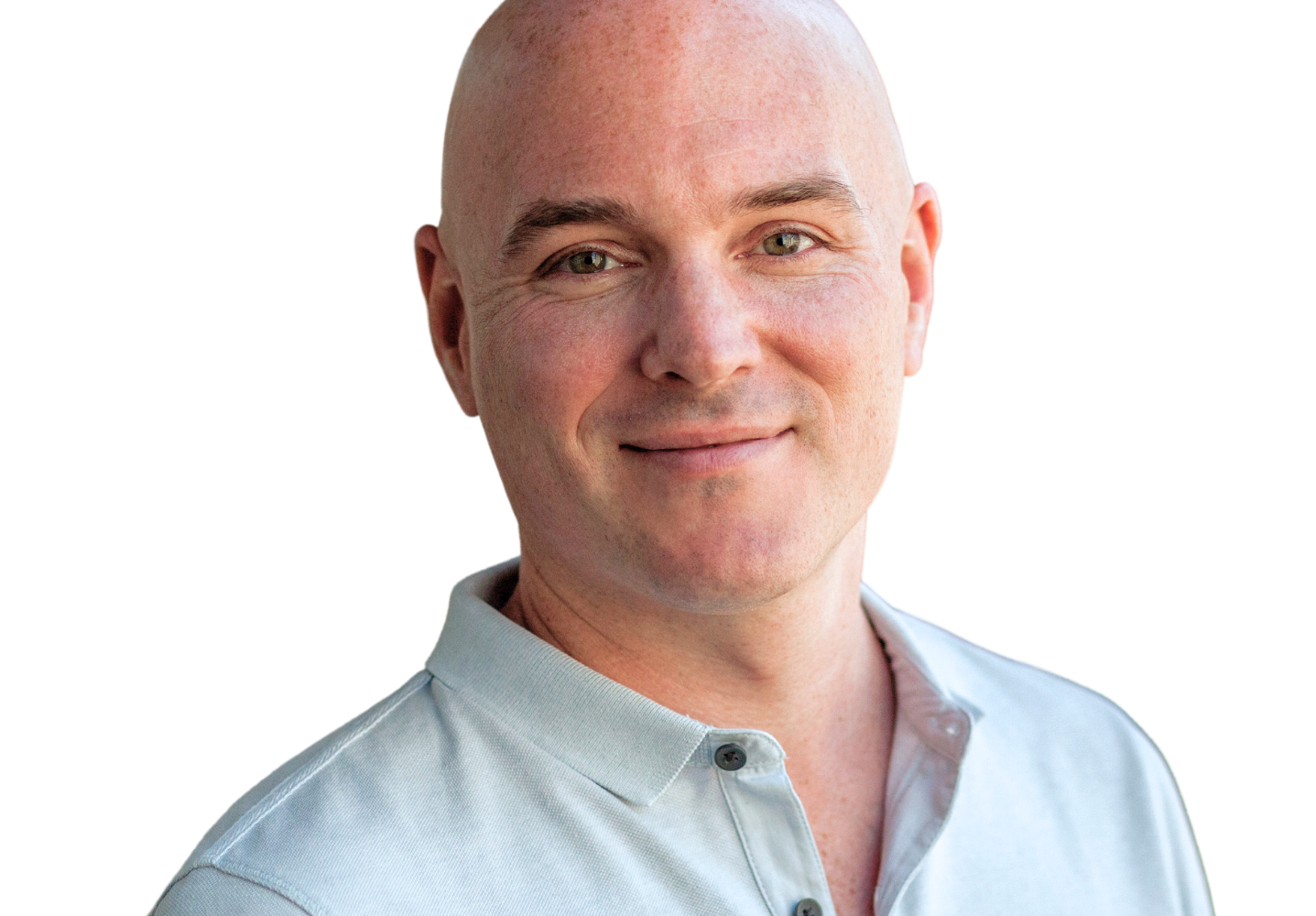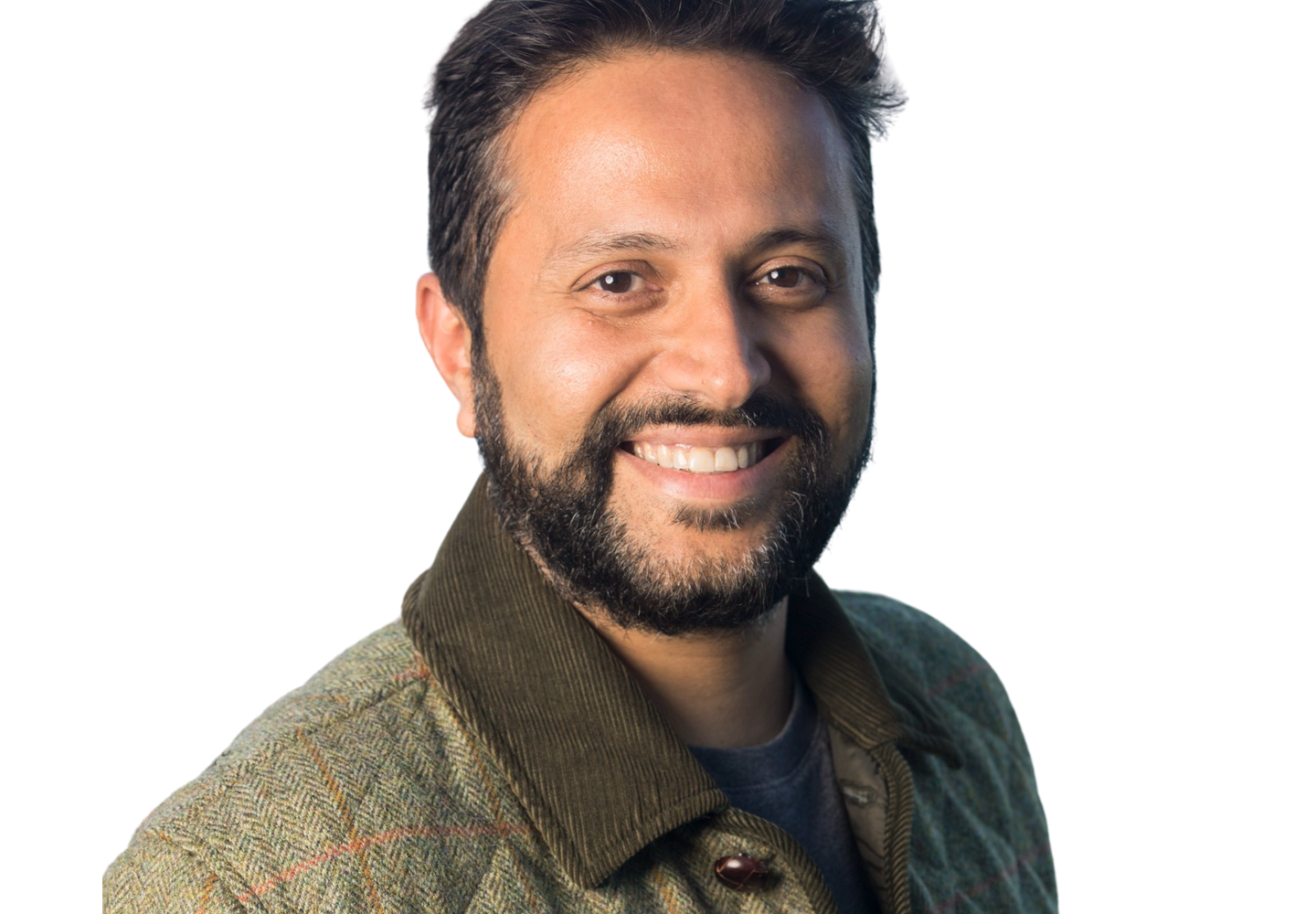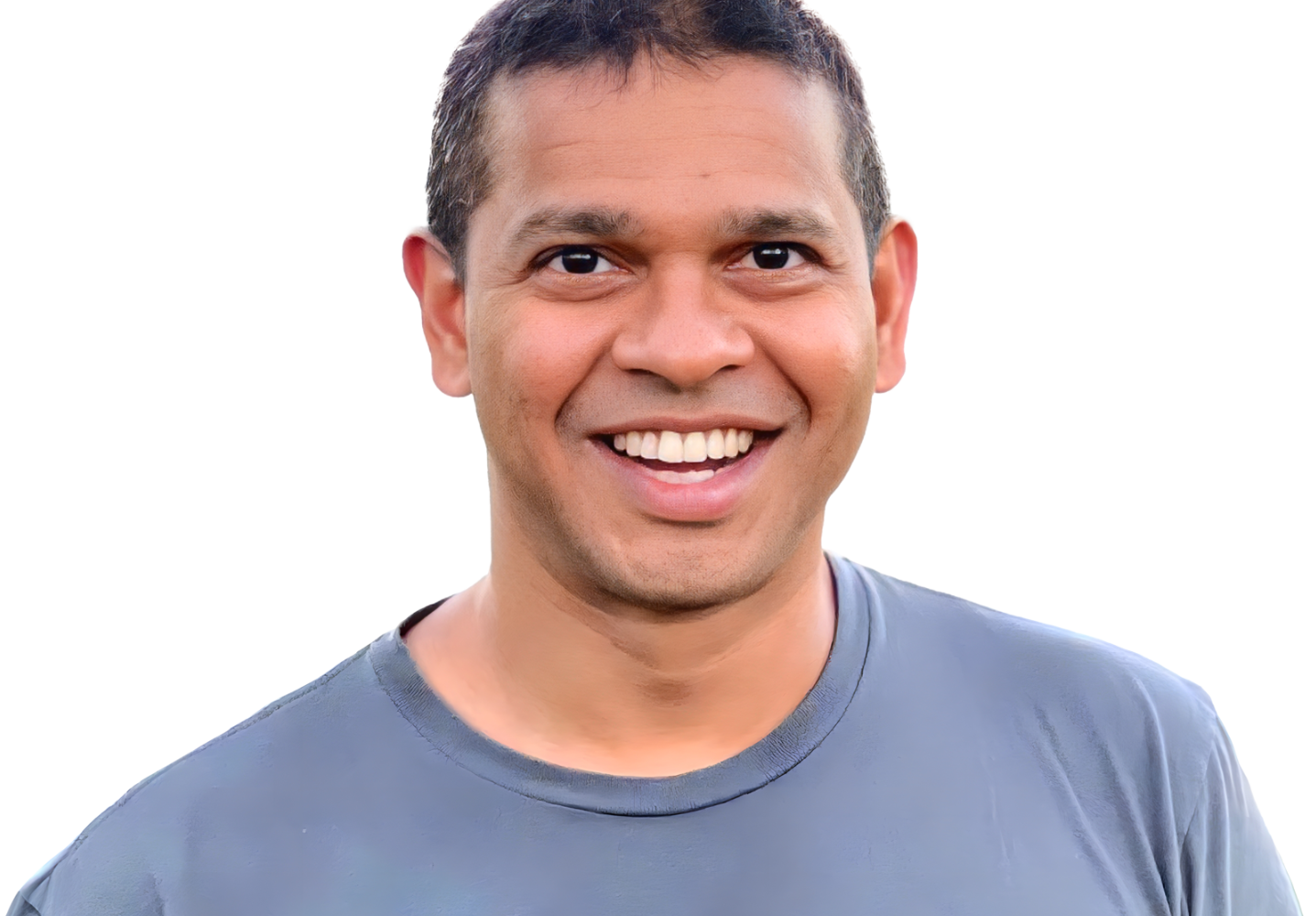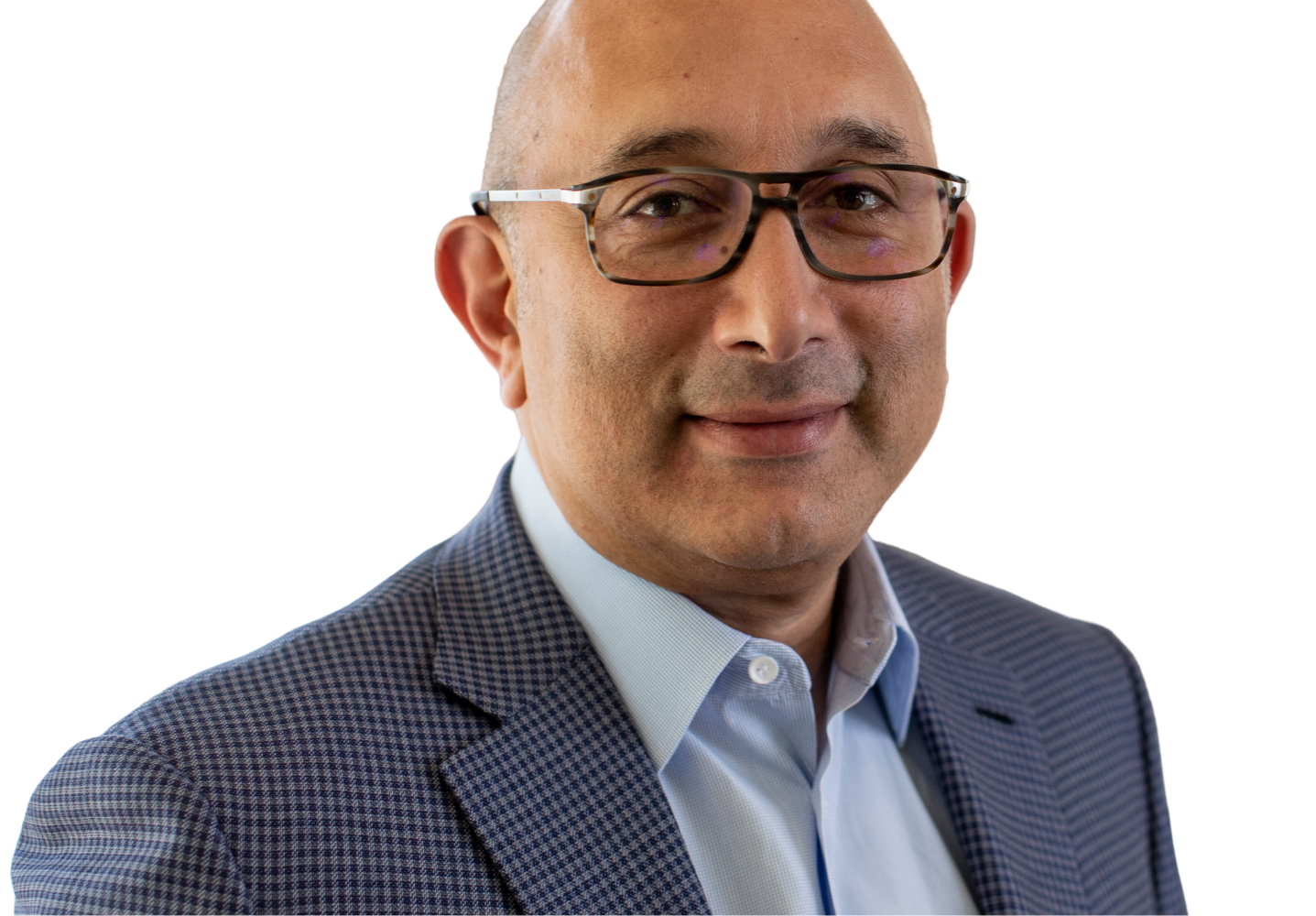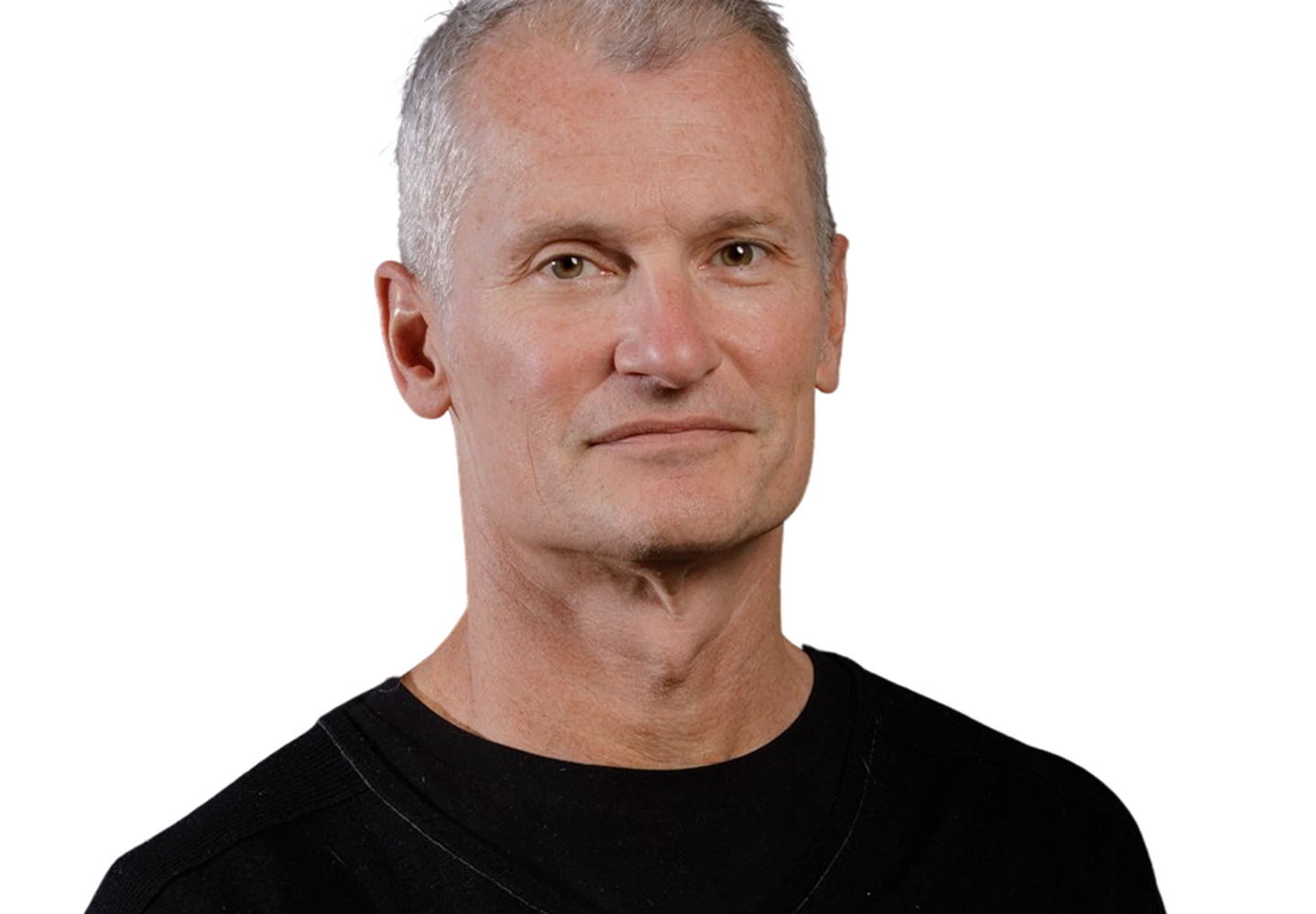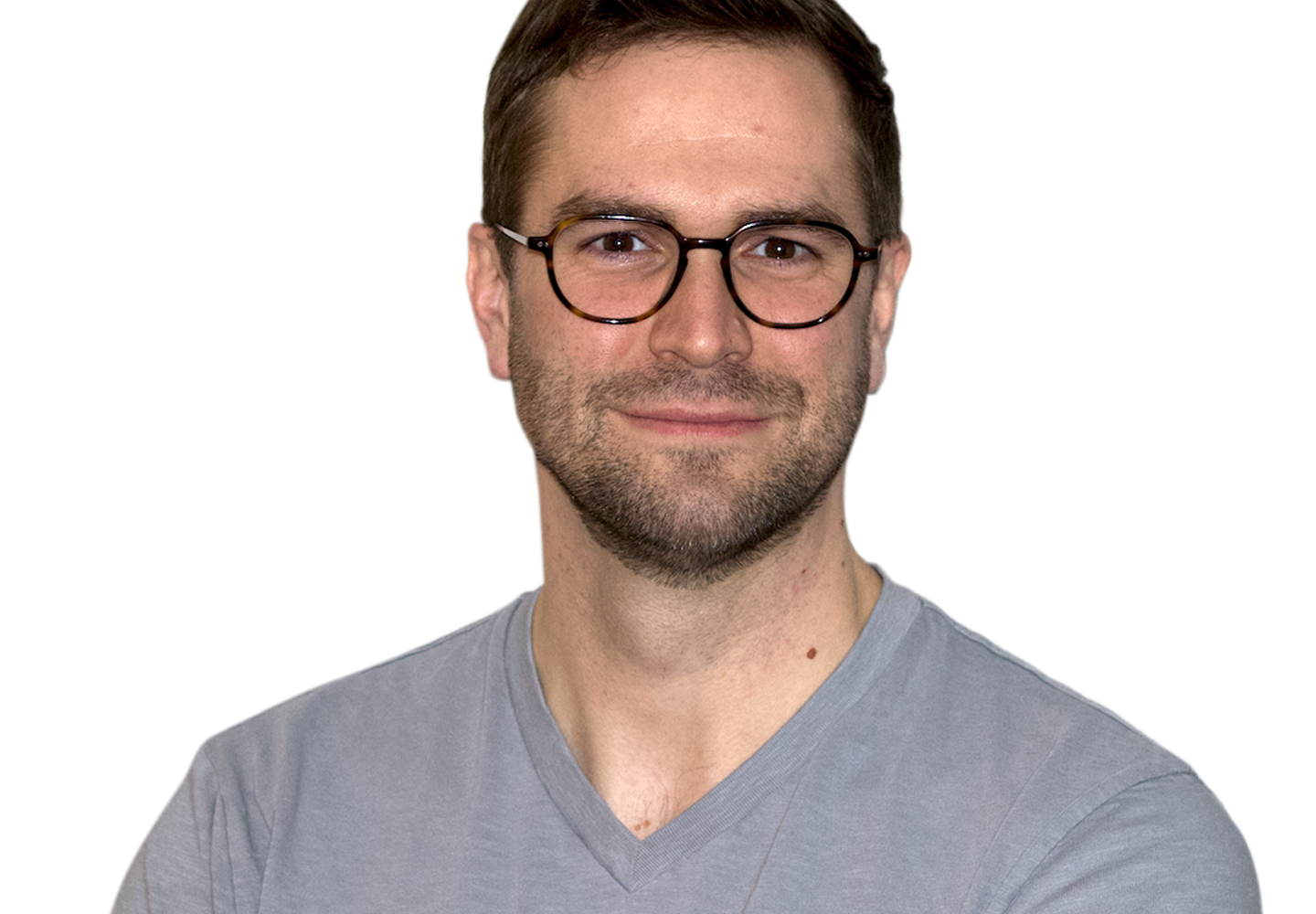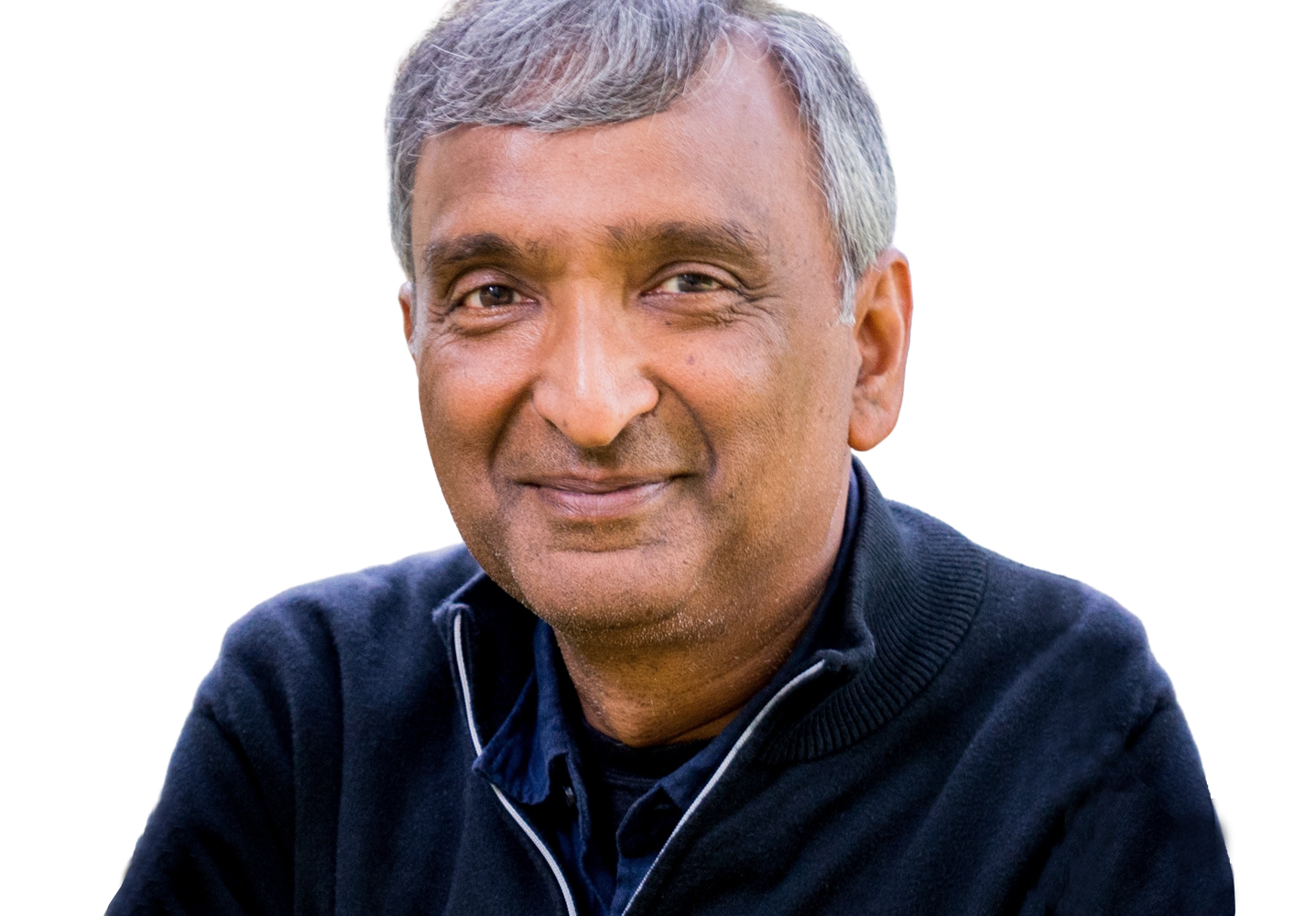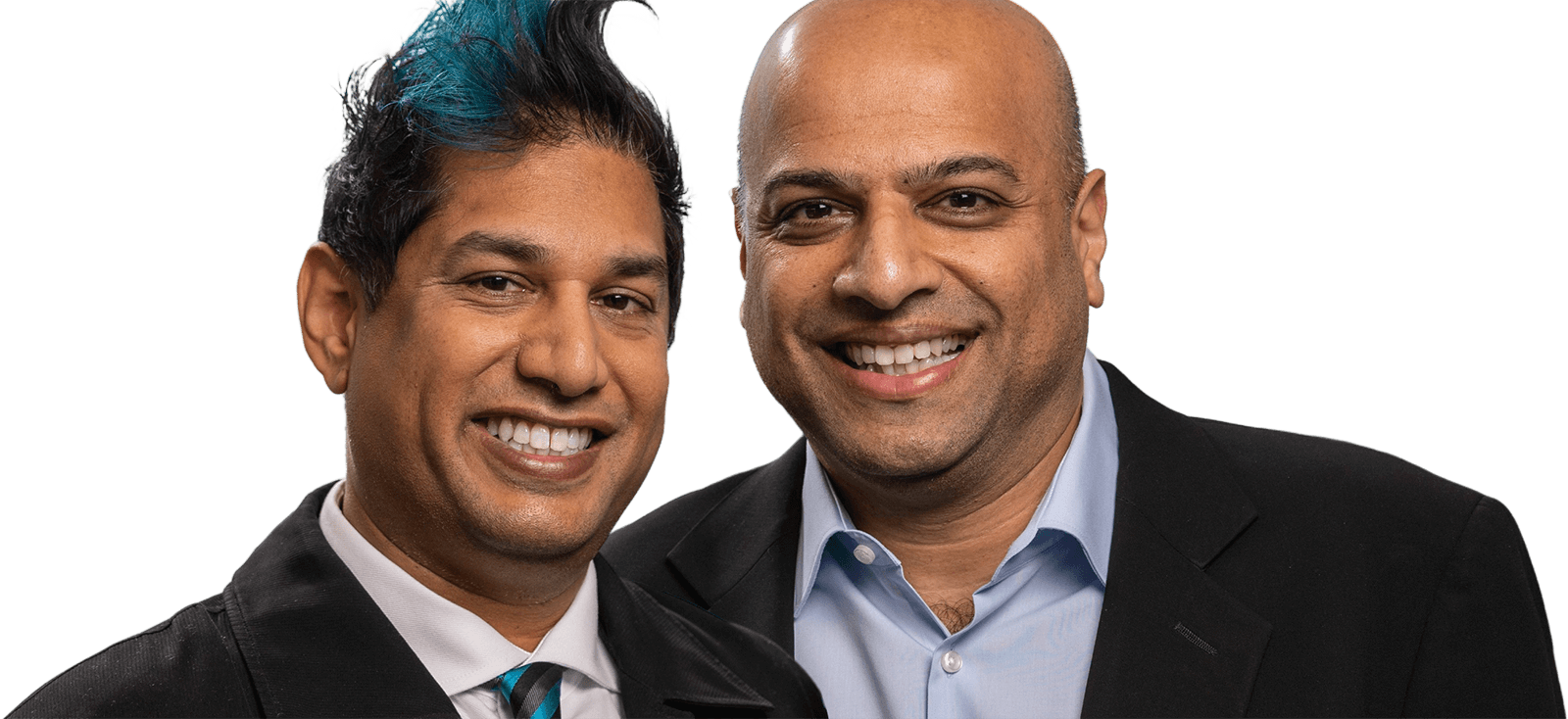What was the pain point that inspired the creation of Crowd Cow, and why are you the right person to tackle that now?
The pain point that inspired the creation of Crowd Cow was the commoditization of meat in the U.S. If you look at other products — customers have access to things like craft coffee, microbrews, and craft spirits and wine, but then you have meat, which is largely mystery meat — unless you go somewhere like a farmers’ market. The reason is that four companies control 70% of the meat production in the U.S.
Fast forward to my joining the company in 2017. I had moved back to Seattle after my time at Wayfair in Boston and was interested in exploring the startup community. Seattle truly has a phenomenal e-commerce community at all levels of the ecosystem. When I first met Joe Heitzeberg, one of Crowd Cow’s co-founders, I had no intention or desire to join the company. I was simply trying to learn more about the startup ecosystem. I quickly learned, though, that founders are constantly recruiting — we were not just having coffee. That became the best interview I ever had because I could have a really honest dialogue about my passion for building businesses, connecting consumers with products, and creating access where a certain vertical is extremely hard to access online. Having been in e-commerce my entire career, I genuinely love the power of technology and e-commerce to connect people with product. I joined Crowd Cow because I believed its mission was really to drive transparency and create access. I think craft meat should be accessible. Consumers deserve to know where their meat is from. Most consumers don’t have access to pasture-raised beef and chicken, wild-caught seafood, or Kurobuta pork in their local grocery store, or they would have to do an incredible amount of research to understand which might be the best fishery or farm. That was basically the pain point.
Before joining Crowd Cow, I rarely actually cooked meat. I always enjoyed eating it; I was just never motivated enough or knew well enough how to cook meat from my local grocery store. Now, as a working mom of two children under three, I enjoy cooking every cut of meat. I realized that the best meat cooks itself. The better the meat, the better the outcome — and the worse a cook could be.
Now, as the CEO of Crowd Cow, I am excited to leverage my learnings from the past six years as an operator to bring our business to the next level — through a renewed focus on craft producers and storytelling, engaging and connecting our loyal subscribers, and scaling with the right strategic partners.
Madrona has also been fundamental in defining, sourcing, and shaping our talent pipeline, which has evolved as we’ve grown and have needed different players depending on our stage.
What is it like to work with Madrona?
My interactions with Madrona have grown exponentially in the last two years. Madrona partners closely with founders and is a vital pillar of the Pacific Northwest startup ecosystem. They have been deeply involved with Crowd Cow beyond fundraising — from shaping our board to advising numerous business pivots and strategic decisions, including scaling our subscription platform and, most recently, building and achieving a disciplined path to profitability. Madrona has also been fundamental in defining, sourcing, and shaping our talent pipeline, which has evolved as we’ve grown and have needed different players depending on our stage.
Tell us about a Madrona Moment.
I have treasured working with Scott more and more over the last two years. My Madrona moment would have to be during this year’s SVB banking crisis. My grandmother had just passed, so I was literally on an airplane taking my 3-month-old overseas. My flight landed right when the news broke, and the world was changed. I was in a 14-hour-ahead time zone type of situation and was just in awe of the devotion of Scott and all the Madrona managing directors to provide resources to the community. Madrona hosted two all-company calls, and in the first one, Matt McIlwain was leading the call while boarding a plane. Then, on the second call, Hope was driving her car — on speaker — leading most of the call. There is no greater commitment than what I saw. These leaders are dedicated to ensuring their portfolio companies are equipped with the best information possible to make fundamental life business decisions. These were critical decisions many of us were having to make — like making payroll. Another thing that stands out to me is that in those calls Madrona hosted, there was also extraordinary community support and idea exchange happening in the chat — founder to founder. It really reflected to me the power and the strength of the Madrona community.
What have you learned about yourself during this process?
I’m a sprinter — and I think many founders are also sprinters. And the challenge there for me has been that startups are a marathon, not a sprint. I have learned to continually remind myself that it is not a sprint and to be okay with that. In the last year in the CEO seat, one thing I’ve also learned is that I have to invest in myself, which allows me to then invest in others. Team health really does start with self-health. Finally, I’ve also had to recognize where my energy comes from. For me, for example, meeting and connecting people is a tremendous source of energy. So, I have to allow myself time to do that because it gives me energy to pass on to my team.
What is the most important lesson you’ve learned during your startup journey?
I’ve realized during my time at Crowd Cow, my first startup experience, that talent at each stage is unique. Coming from tech, I generally understand what strong tech talent looks like in various functions. But I’ve learned that with a startup, each of those functions looks very different depending on what stage you’re at. This can make graduating from phase to phase culturally quite difficult. What is often best for the business is not comfort. That is not the startup path — you are there to disrupt. So, I think building a culture to grow toward rather than constantly comparing to the former culture you may have had is important for founders and leaders to recognize.



